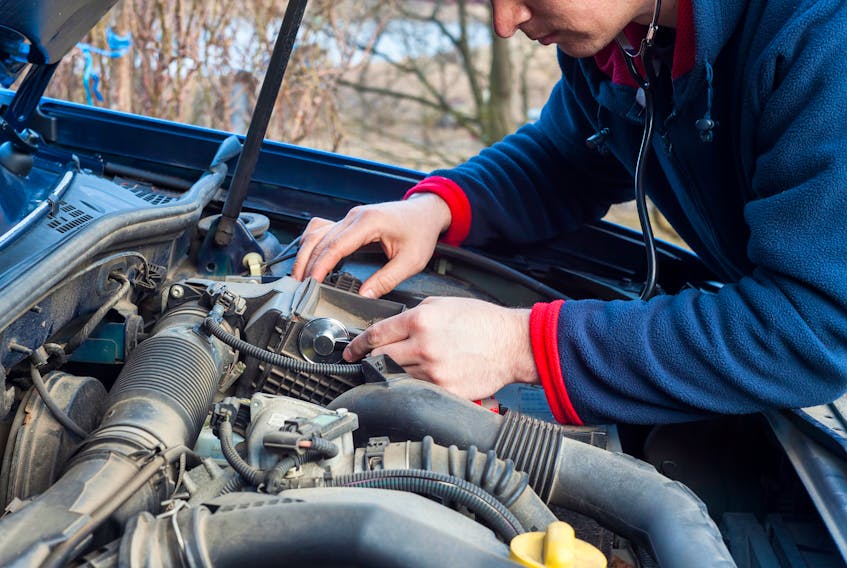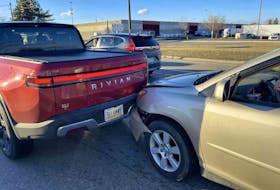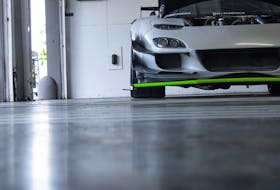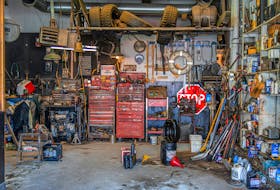BRIAN TURNER
By a large margin, the concern that sees more repeat repair attempts (and consequently more repair shop visits) is a noise. It’s such a headache that automakers – after all, they’re the ones who have to live with hearing from angry customers – often devote entire training sessions and repair manual sections to this one issue.
In particular, Czech automaker Skoda (and one of the many brands under the Volkswagen Group umbrella) is piloting a unique smartphone app to help their customers and technicians get to the bottom of certain noises the first time, leading to much happier customers. The unique software simply requires a tech (or a vehicle owner) to hold their phone close to the engine when it’s running.
The sound is then picked up by the phone’s microphone, converted to a spectrogram, and then compared to recordings of a known good engine, which helps narrow down the source of the problem. The app can also interpret sound patterns related to A/C compressors, steering systems, and transmission operations. According to Skoda, their beta-test rollout has achieved a 90 per cent success rate.
Skoda isn’t new to the noise or vibration diagnosis game. Years ago, Ford introduced a vibration analyzer that combined a series of sensors to pick up a bothersome vibration frequency, which was then entered into their software. This program had enough detail on individual vehicles that it could detect the difference between vibrations caused by a power steering pulley versus an alternator pulley. But if you don’t own a Skoda or a Ford, here’s what you can do.
Technology is still your friend
Another very popular tool for pinpointing noises is a simple device commonly called “shop ears.” It consists of four or five different microphones wired to a small amplifier. The microphones are placed in various areas in or under the vehicle, and the amp is placed inside where a tech can switch from one feed to another during a test drive to help get to the bottom of things.
Figure out where it’s coming from
Knowing where an unusual vehicle noise is coming from is almost as important as the noise itself. Recording a noise with your smartphone and then playing it back at the service counter won’t be of much help, as it leaves out this critical piece of information.
Wait until it happens frequently
If the noise is intermittent, you’re better off waiting until it becomes constant enough to be duplicated by your shop on a road test, or other type of inspection. If it only occurs under certain conditions, when making your appointment, ask if you can arrange a road test with the technician working on your vehicle. As pandemic restrictions might not make this possible, make detailed notes of all the conditions such as speed, type of road surface, whether or not you’re turning, etc.
Know the difference between noises and vibrations
I’ve written about this before and it bears repeating: don’t confuse a vibration (something you feel) with a noise (something you hear). It seems hard to believe, but customers make this error all the time at service counters across the country.
Copyright Postmedia Network Inc., 2020









